It's the End of the Web as We Know It
June 14, 2025 — by Per Christensson
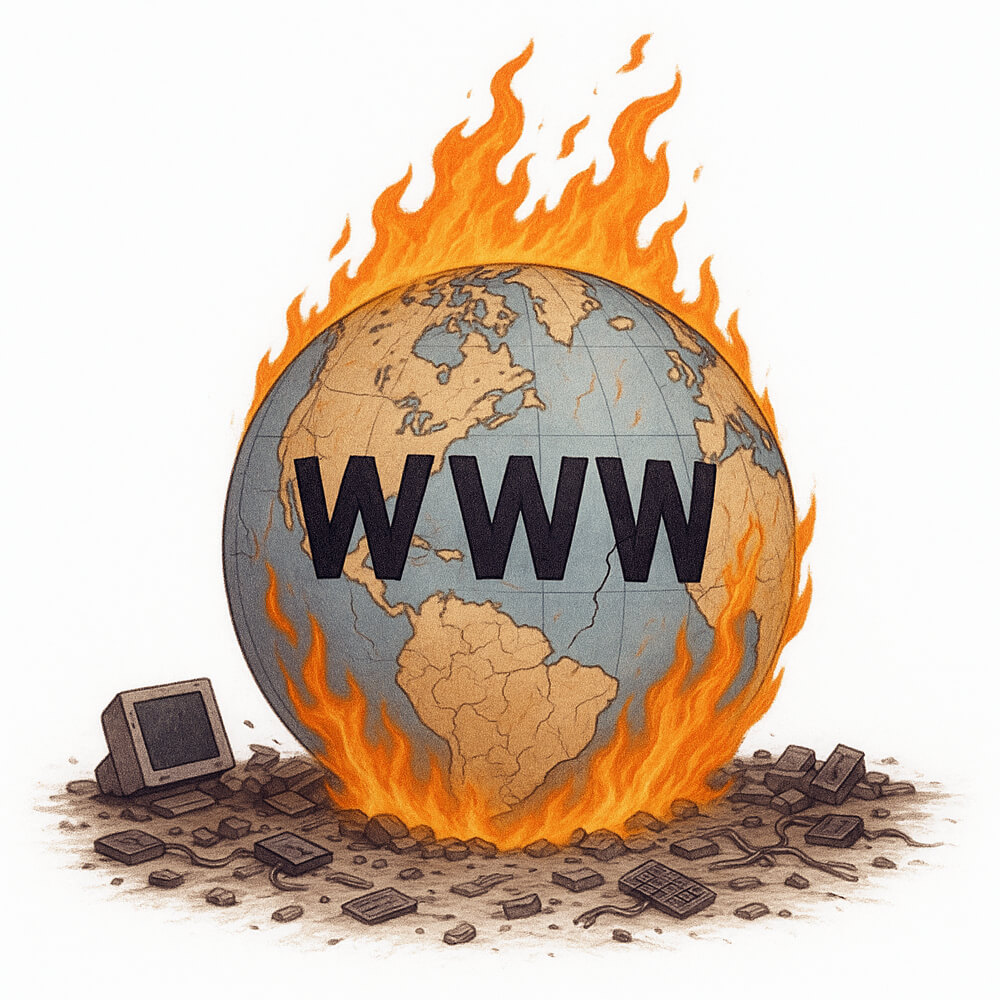 It was fun while it lasted, but the web we've known for the past 25 years is coming to an end.
It was fun while it lasted, but the web we've known for the past 25 years is coming to an end.
The decline of the world wide web began about ten years ago when Google introduced featured snippets — those prominent answers that appear above the search results. While helpful for searchers, they had the opposite effect on webmasters. Since users could often get the information they needed directly from the featured snippet, they didn't click through to the corresponding web page. These "position zero" snippets also pushed down traditional results on the page, meaning fewer clicks to websites.
Below is an example of a featured snippet Google displayed for PC.net in 2016.
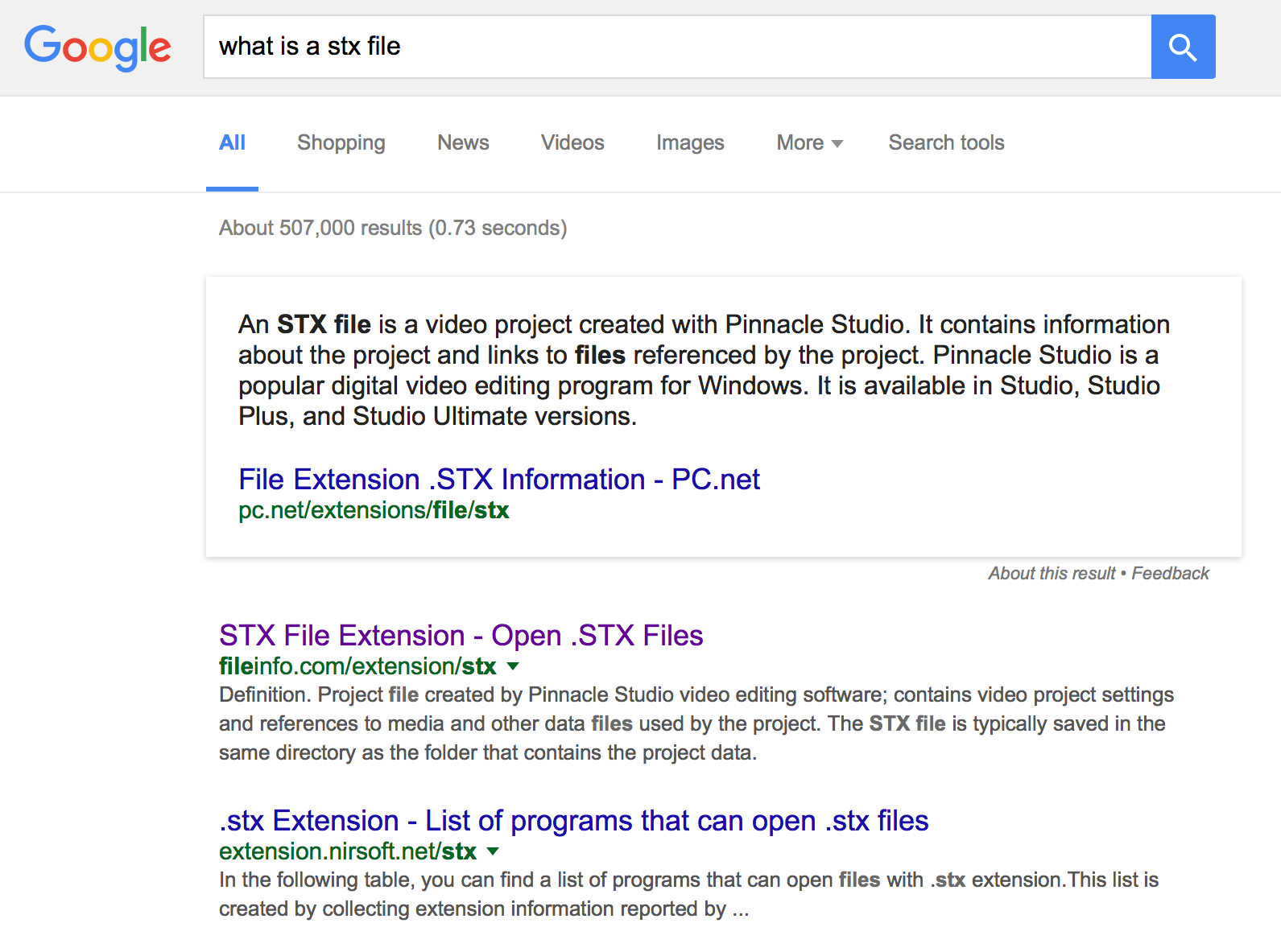
Here's a more prominent one from 2020, with an image and bulleted list.
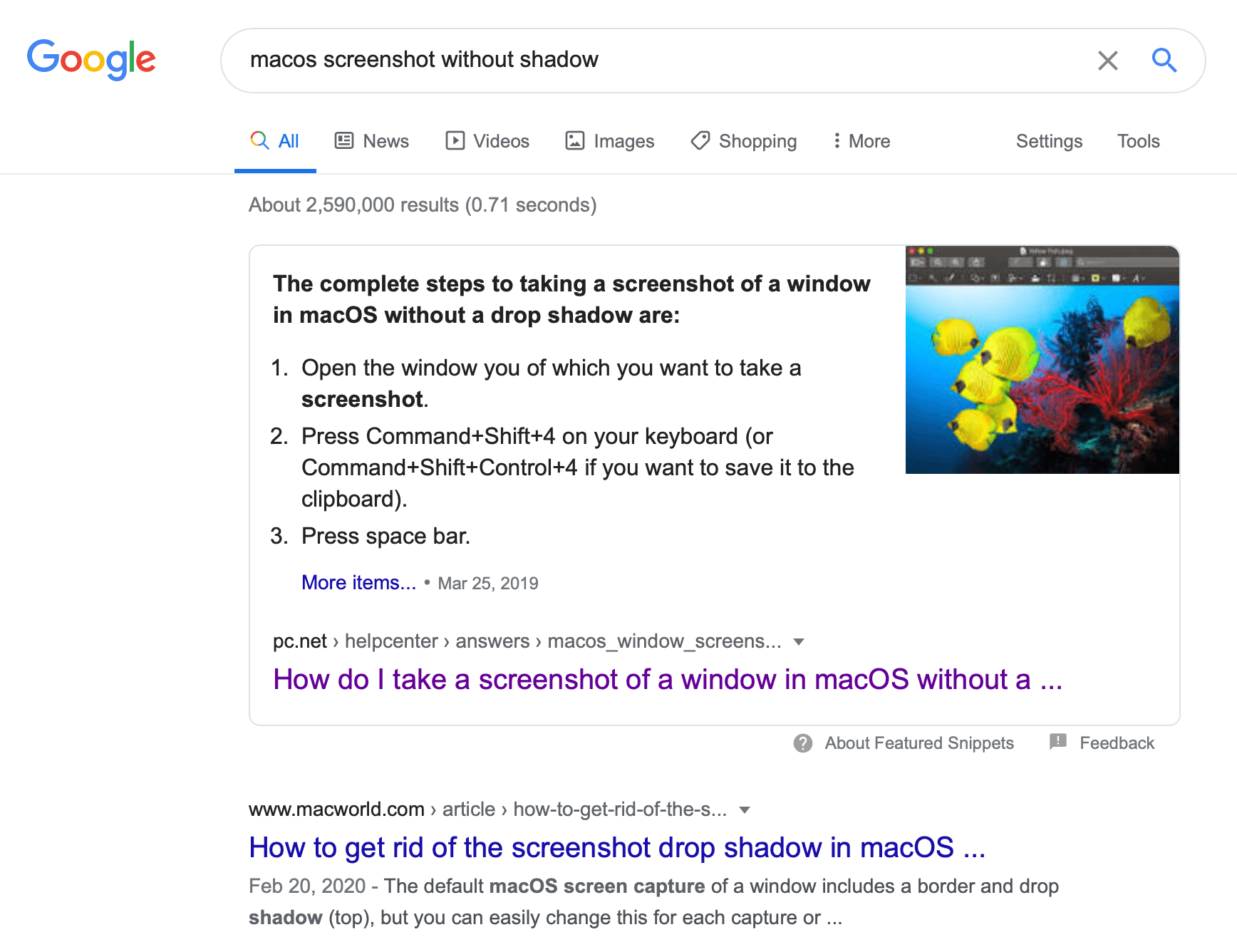
Featured snippets didn't cause the web to collapse, but webmasters began to see their traffic decline. As snippets increased, search traffic decreased. SEO remained important, but it wasn't like the old days when you could get a decent amount of clicks from the third or fourth result on the search page. Instead, the featured snippet claimed nearly all of the clicks — if the user decided to click at all.
The Impact of Generative AI
In 2022, ChatGPT posed a completely new challenge for webmasters. For the first time since the 1990s, there was a viable alternative to search engines. The rise of ChatGPT and other generative AI platforms has reduced the number of searches. Monthly Google searches are declining for the first time, meaning even fewer clicks from search results.
To stay relevant, Google introduced "Gemini," its own generative AI platform, which is now part of its search results. Today, most Google search results begin with an "AI Overview," which appears above the featured snippet, which is above the search results.
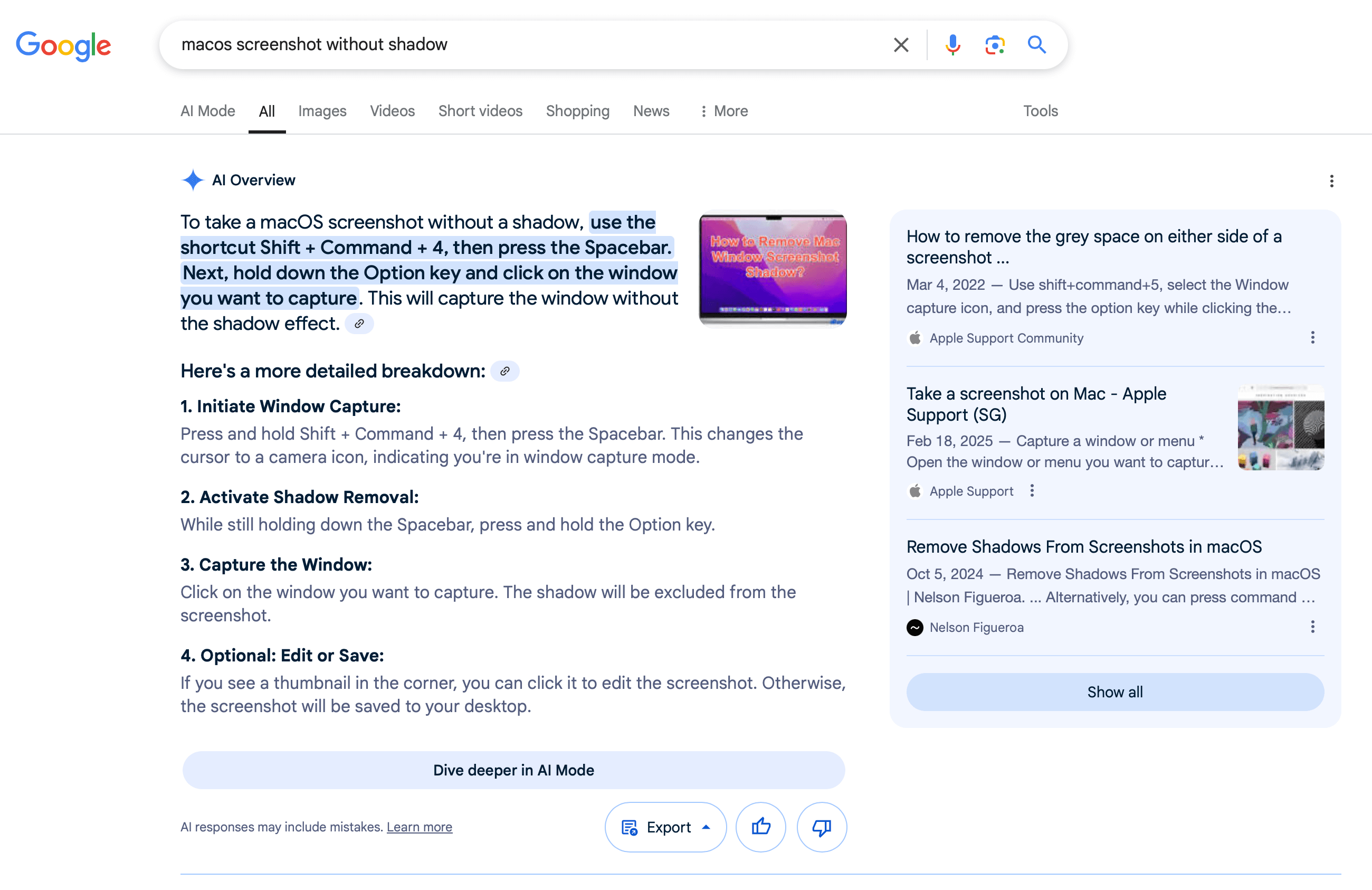
The Decline of Website Traffic
Search traffic for many websites has dropped over 50% in recent years. Some webmasters have seen their search traffic over 90%. Since most websites receive a large percentage of their traffic from search engines, overall traffic declines are commonly above 75%. This has been the case for PC.net and other sites I run.
Of course, not all websites are affected equally. Social media sites and news sites with daily updated content are faring better. But reference sites — the kind ChatGPT scrapes and aggregates without referencing — have been hurt the most. When was the last time you clicked on a website to view a definition instead of just reading the Google AI overview or featured snippet? Or maybe you just asked ChatGPT? Whatever the case, the webmasters who provided the content are not getting the traffic.
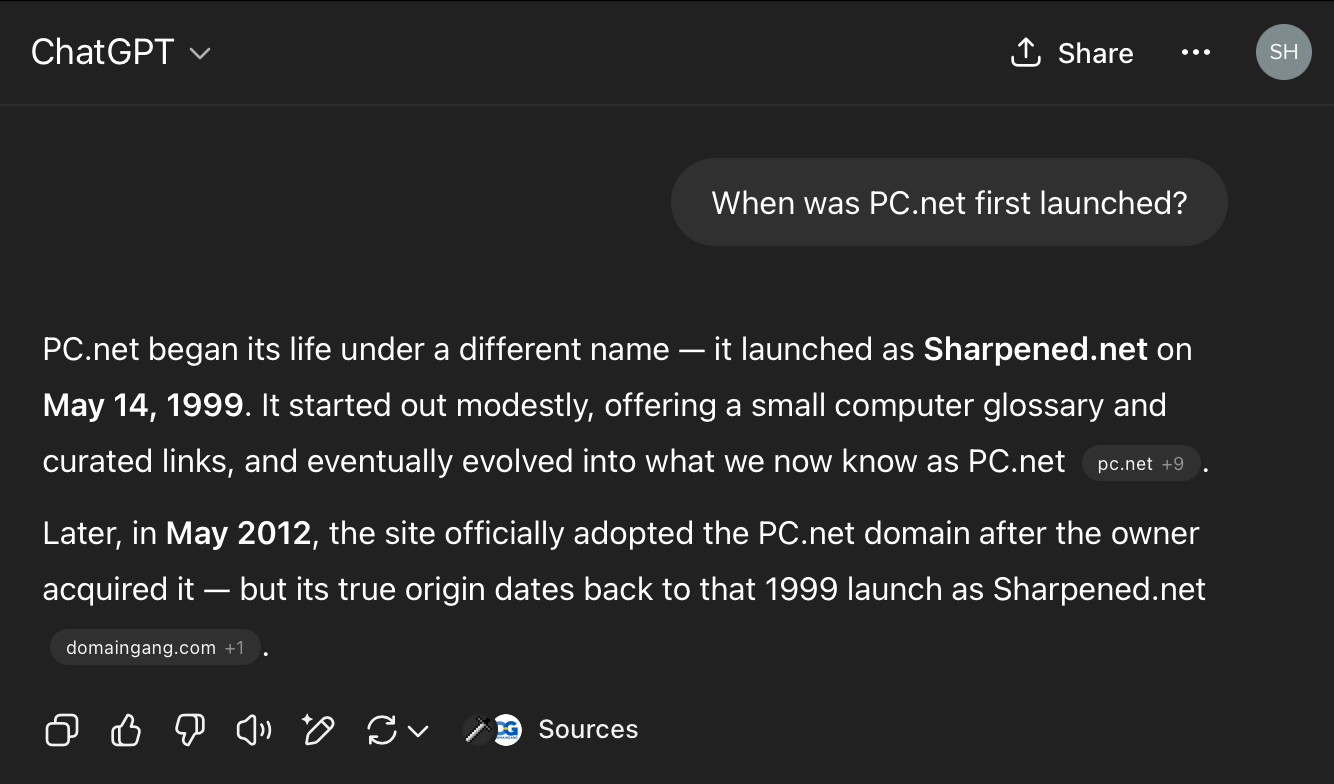
The Rise of Intrusive Ads
Less traffic means less ad revenue. As a result, webmasters and ad platforms have been working together to increase revenue per page (often measured in RPM). The most obvious solution? More ads.
When I started PC.net (formerly Sharpened.net) in 1999, most websites had one or two banner ads on each page. When I started using AdSense in 2004, there was a strict limit of 3 banners per page. Granted, desktop and laptop screens were smaller then, but the three-ad limit is long gone. Instead, ad platforms now encourage you to include as many ads as possible — on the top, middle, and sides of the page. If that's not enough, many sites now have "anchor ads" that cover up part of the content along the bottom of the page.
And then there are interstitial ads — full-page ads that display when you click on a link before the subsequent page loads. Google is now loading these "vignette ads" even more often when you scroll up or click away from the window. Anchor ads and vignette ads were previously disallowed because of the negative user experience. Now, Google encourages them.
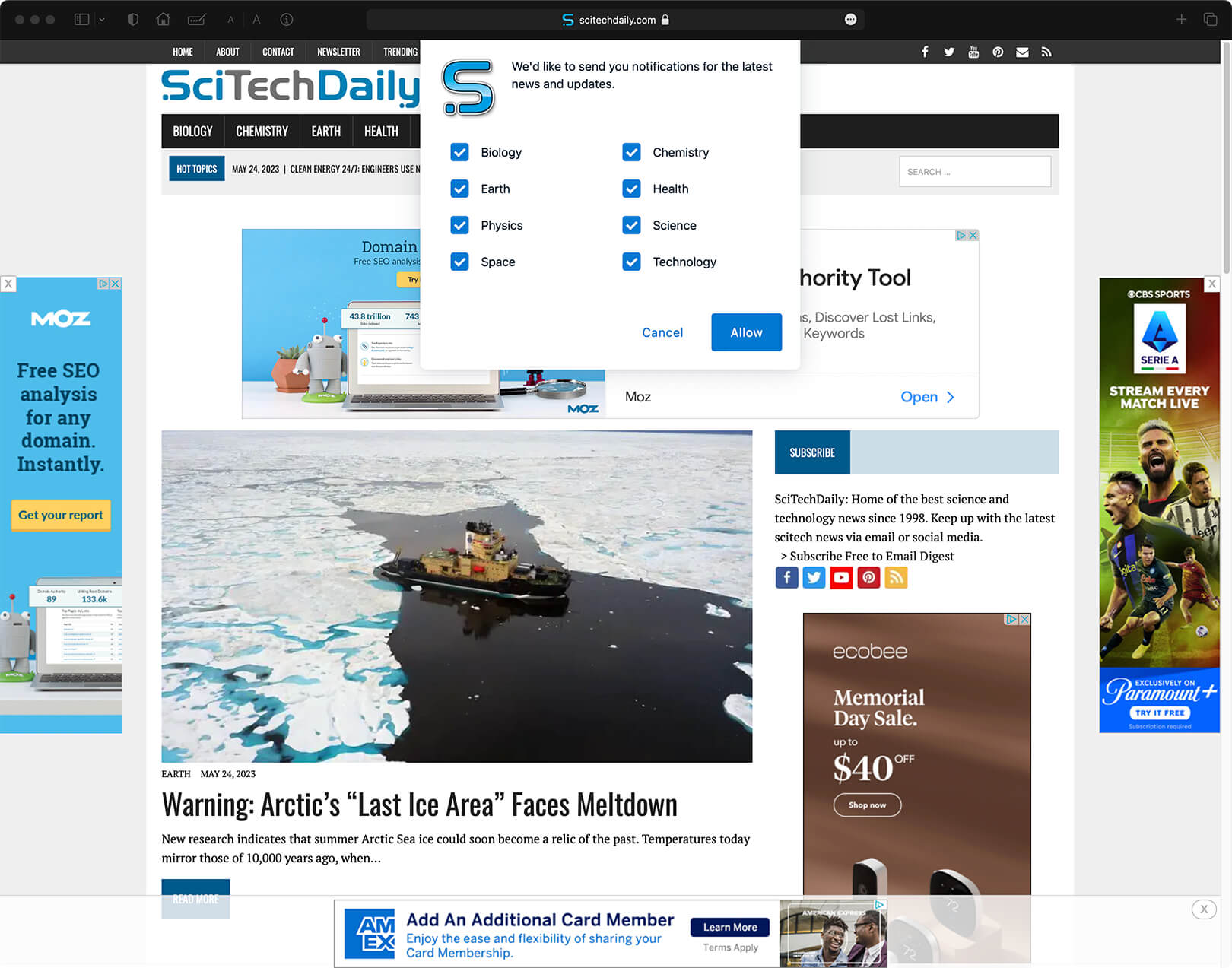
The efforts to increase ad revenue have ironcally made users less likely to visit traditional websites. While people have grown accustomed to more ads, everyone has their breaking point. If I open a webpage with five banner ads, an anchor on the bottom, and a vignette ad that covers the whole page when I scroll, I won't visit that website again. These sites hurt all webmasters since they incentivize users to install ad blockers across all sites.
The Future of the Web
To summarize:
- Google is keeping users on their search result pages instead of directing them to websites.
- ChatGPT and other AI platforms are taking an increasing amount of search traffic.
- Intrusive ads are making users less likely to visit websites for information.
PC.net has weathered a lot of changes on the web over the past 26 years. But this is different. Just like the social media revolution all but destroyed personal home pages, blogs, and traditional web forums, generative AI is obliterating reference sites. Traffic has steadily declined to less than 10% of what it was ten years ago. I'm generally an optimist, but it's hard to explain a path back to those traffic levels.
Tens of thousands of webmasters face the same dilemma. The search traffic pie continues to shrink. Many have already thrown in the towel and have taken down or at least stopped updating their websites. Just like Best Buy succeeded when Circuit City and Radio Shack went out of business, some sites will remain as the last ones standing. However, the web won't have as many websites, an unfortunate reality of an AI-powered future.
Speaking of AI, the web is also getting cluttered with AI-generated content. With fewer human-generated sites and more AI-generated ones, artificial intelligence platforms may soon be scraping more AI-generated content than pages written and published by humans. If AI uses AI-generated content to build its data models, where does the cycle end?

As for me, I plan to keep updating PC.net and my other websites for the foreseeable future, even though traffic is down over 80% across the board. My team and I made a strategic decision several years ago to transition Sharpened Productions to a software-focused company, which has helped us weather the storm.
The web isn't dying, but it is undergoing a dramatic change. I'm grateful for the past 25 years and the success of my websites over that period. In the rephrased words of REM, "It's the end of the web as we know it, and I feel fine."
 Home
Home April 1st
April 1st